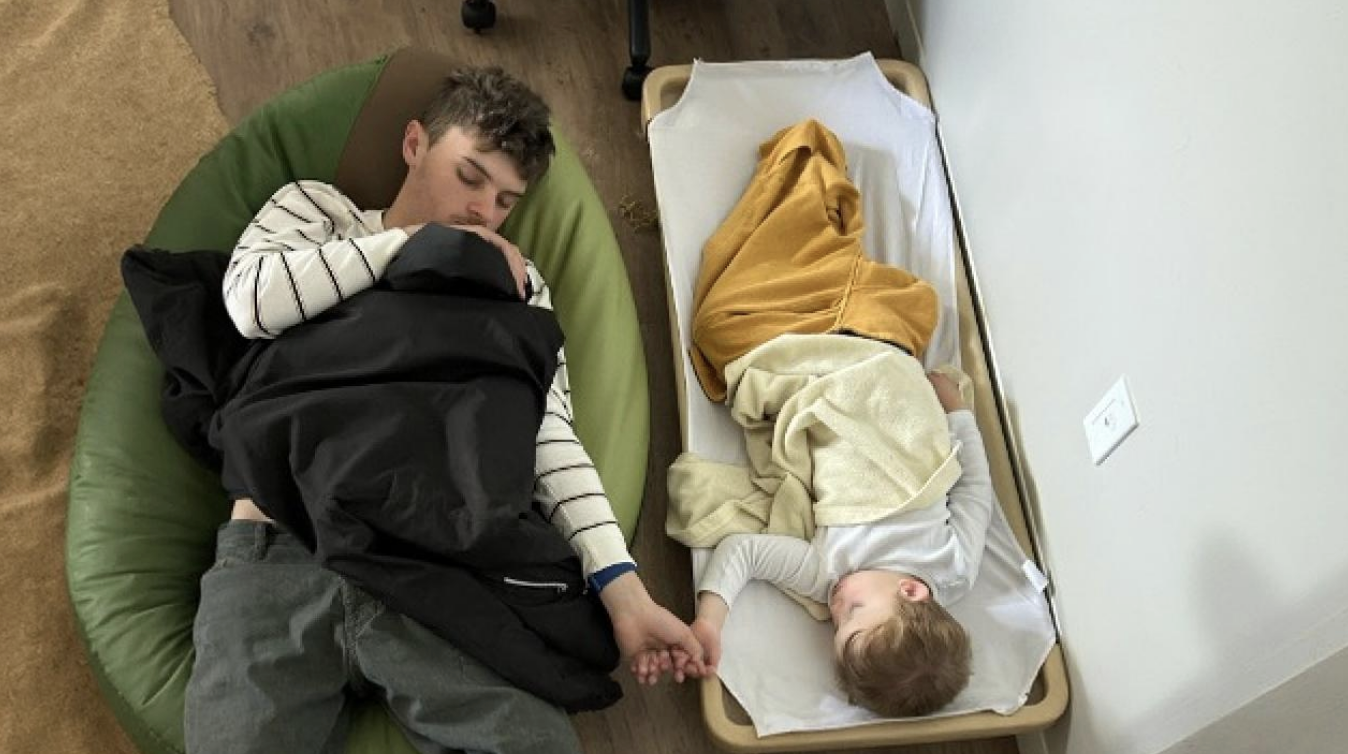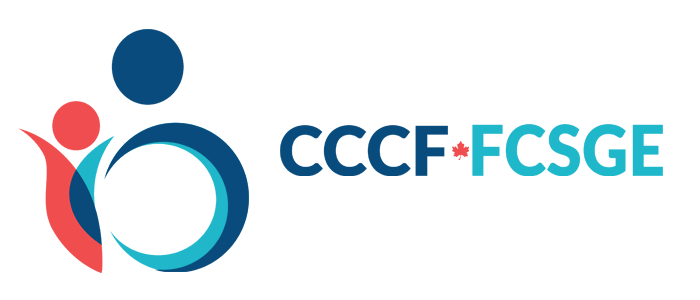Creating Healthy and Sustainable Child Care Environments
Everyday actions — ranging from choosing safer cleaning products and toys to introducing a fragrance-free policy or composting program — can help a child care program create healthier indoor and outdoor spaces for children and staff, while contributing to environmental sustainability and action on climate change.
How healthy and sustainable is your child care environment?
Complete the free child care check list and receive a professional development certificate.
This checklist tool was created in partnership with the Canadian Partnership for Children’s Health & Environment (CPCHE) and the Canadian Child Care Federation (CCCF) for Early Childhood Educators and Providers who want to learn about ways to enhance environmental health and sustainability, and to better understand where their child care program is doing well and where there are opportunities for improvement. Once the checklist is completed practitioners will earn one hour of Professional Development credit. A certificate is provided by the Canadian Child Care Federation and is auto generated upon completion and sent to the email address you provide.
Discover our topics on children and the environment
Child care administrators and directors may wish to use the checklist together with staff as an assessment and planning tool, and as a way to track and report on progress over time (e.g., sharing results with board members, communities and families). Public Health Inspectors may use it with child care programs during routine visits, as an additional resource to discuss environmental health concepts and suggest possible actions. Parents and guardians may wish to use it as a basis for engaging in a dialogue with their local child care program about health and sustainability.
The checklist corresponds with content in the CPCHE Healthy and Sustainable Child Care Resource Hub. As you move through the checklist sections, click the links provided to learn more about the recommended actions and why they are important. The ideas and suggestions included in this checklist and resource hub can help a child care program go beyond basic regulatory requirements to create healthier and more sustainable indoor and outdoor environments for the young children in their care.
You may complete the checklist all at once or, if you have provided your email address and selected save, you can return to complete the checklist at a later time.
The checklist comprises 102 questions across the following topic areas;
- Outdoor Air Quality
- Indoor Air Quality
- Outdoor Learning and Play
- Indoor Learning and Play
- Sun Safety and Extreme Heat
- Cleaning and Disinfecting
- Kitchen and Food Preparation
- Facility Maintenance and Office Administration • Sustainability and Climate Action
- Inclusivity, Equity and Accessibility
Important: As soon as you have submitted your checklist responses, please be sure to download and/or print the report and your certificate, as these will not be stored.
Discover more ECE topics here
Questions or for more information, please contact: gillian@healthyenvironmentforkids.ca
All children have a right to healthy learning environments
Take the Child Care Checklist: How Healthy & Sustainable Are You?













